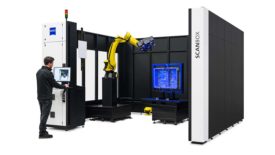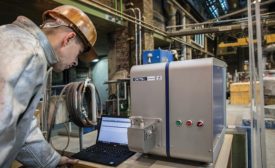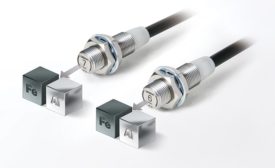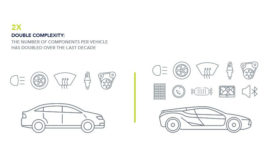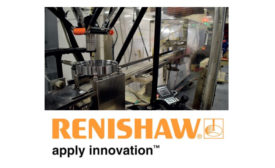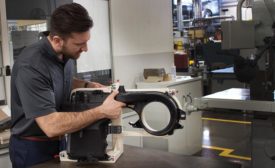Home » Keywords: » automotive manufacturers and suppliers
Items Tagged with 'automotive manufacturers and suppliers'
ARTICLES
Automated Inspection
Many EV manufacturers are still searching for the optimal inspection method for the battery tray.
Read More
The Road to Automotive Light-Weighting
Overcoming new materials analysis challenges across the supply chain.
June 25, 2020
Sponsored Content
Automotive transmission supplier Flexible Concepts guarantees process capability with Equator™ gauge
July 15, 2019
Streamlining Automotive Production with Additive Manufacturing
Using additive manufacturing not only can reduce lead times, it can provide significant cost savings through reduced material consumption and improved design.
May 14, 2018
INDUSTRY HEADLINE
GM Recognizes Zeiss Industrial Metrology for Performance, Quality, and Innovation
May 8, 2018
Stay in the know with Quality’s comprehensive coverage of
the manufacturing and metrology industries.
eNewsletter | Website | eMagazine
JOIN TODAY!Copyright ©2025. All Rights Reserved BNP Media.
Design, CMS, Hosting & Web Development :: ePublishing
